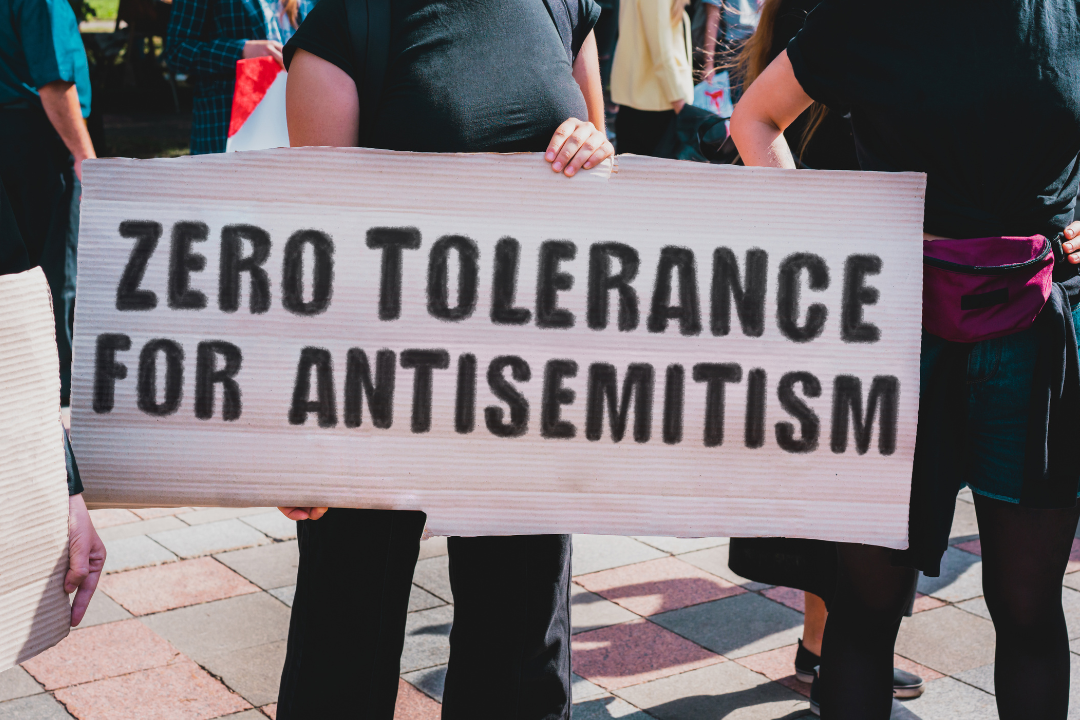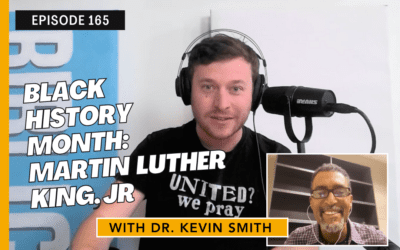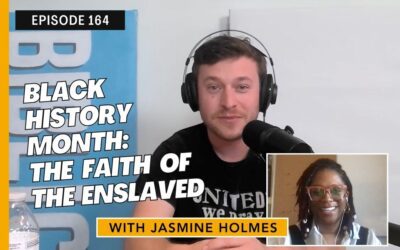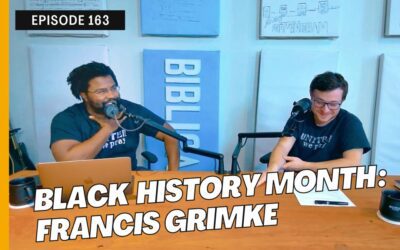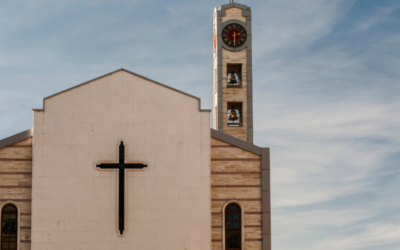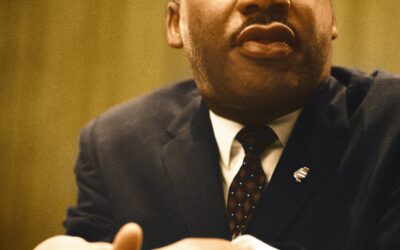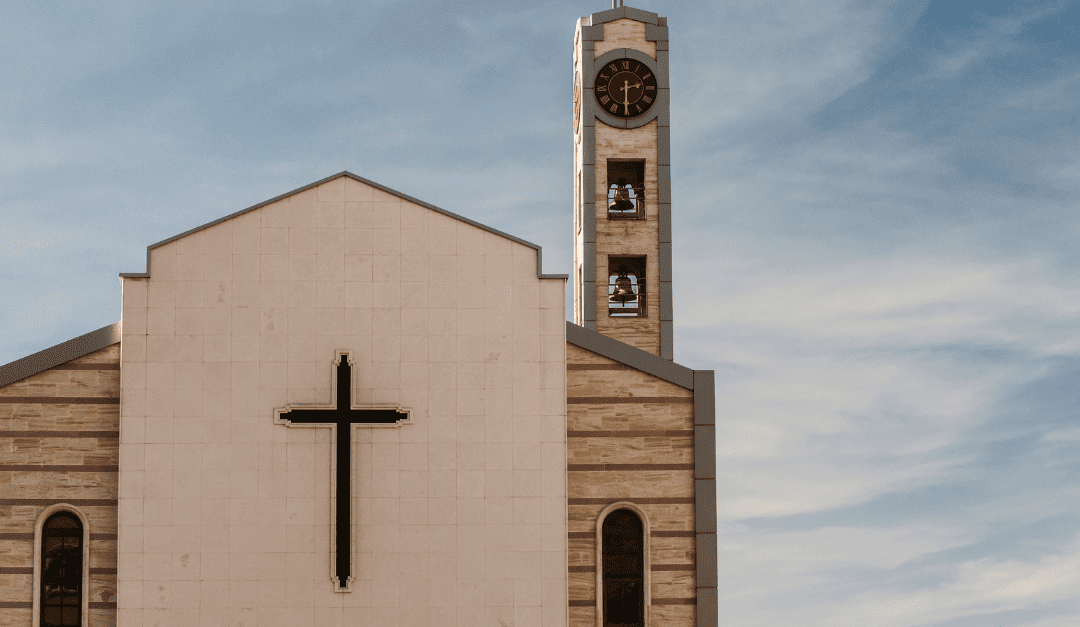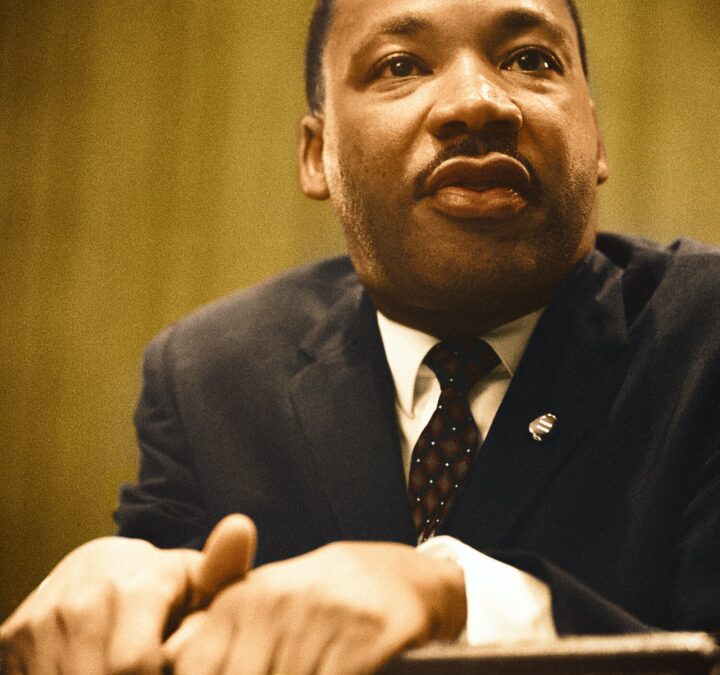Antisemitism is back in the news. Multiple presidents of prominent universities were recently summoned to Congress to testify about a rise in antisemitic incidents on their campuses. Their refusal to answer questions about whether antisemitism violates school policies has been justly criticized, as has the hearing itself. As happens in our news cycles, things have gotten loud and messy. Instead of asking questions about administrative policies, I wonder if we should be asking questions about anthropology, questions about what it is to be human.
Many of us think of antisemitism as a problem of the ideological right. We think of Klan rallies and other far right conspiracy theories. These indeed are problems. But many are surprised to see antisemitism appear in academia by those on the ideological left. For example, a Cornell University professor was recently put on leave after he described the Hamas attack on Israeli civilians “exhilarating.” How in the world can a college professor be exhilarated by the slaughter of civilians?
The answer is anthropology. Our understanding of what a person is and what makes him or her valuable determines how we will treat them. Put another way, our anthropology will either help or hurt our ability to love our neighbor.
In the academy, anthropology has been affected by various streams of Critical Race Theory (which is its own complicated field that defies our attempts to fit it in a box). Some resulting frameworks place people in a matrix of oppression. A person will score higher depending how many categories of oppression apply to him or her. For example, a black woman with a physical disability will have a higher score than a white man with average physical ability.
This is where Christians need to take great care. The idea that some individuals are especially vulnerable and worthy of special treatment comports with Scripture’s teaching (e.g., 1 Corinthians 12:22–24). We see this in the ministry of the Lord Jesus. He took special care to honor the “least of these,” whether that was children, women, Samaritans, or social outcasts. So, if care for the oppressed is a Biblical idea, what’s the problem with this formulation of anthropology?
The trouble comes when someone, whether consciously or unconsciously, associates a higher score of oppression with greater human value. That’s the leap we must not make. Professors who have made that leap and who also see Palestinians as victims of unjust oppression by Israel will view violence by Palestinians against lower-scoring Israelis as a good and just thing. Oppressed people matter more than oppressors, the argument goes. Leaving aside the debate about the actions of the state of Israel, once someone with this anthropology classifies a Palestinian Arab as oppressed and an Israeli Jew an oppressor, this Jew will matter less.(1) Antisemitism via anthropology.
By contrast, Christian anthropology starts with the image of God. People matter because we are made in the image of God. Our state in life does not affect that worth. Those categories of suffering and oppression are still real, but they do not affect anyone’s value as an image-bearer. The Arab, the Jew, the White and Black all matter because they are all made in God’s image. This idea is written into this nation’s founding documents, which locate human rights as coming from the Creator who has made all men equal.(2)
Hate is a pernicious thing. We can justify the mistreatment of our neighbors with any number of ideological frameworks. Or we can look to Scripture and see a framework that cuts across the world’s ideological lines. People matter—all of them. Our Jewish neighbors who experience hate from people of varying ideologies deserve our clear, undiluted love.
People are mistreated for any number of reasons, and we need to be aware of those reasons so we know how to respond in love that fits their unique need. Asserting universal human dignity may get you called a bigot by someone on the far left. Recognizing categories of oppression or suffering might get you called woke by someone on the far right. Those labels matter a lot less than being called good and faithful by your Heavenly Father.
- This piece is not about the Israel/Palestine conflict, and I am not qualified to speak to its complexities. But I should note that while this piece is about love of our Jewish neighbors, that should not be conflated with support for what the political nation of Israel is doing at any point in time, or love for our Jewish neighbors to the detriment of our love for Palestinian neighbors.
- I am under no illusions that this nation has faithfully applied what we say we believe about human equality and the image of God. If you want to think more about that aspect of American history, check out this interview with Thomas Kidd.
Prayer Requests:
- Lament the current rise in anti-semetic attitudes and philosophies, whatever the setting.
- Pray for our Jewish neighbors, that they would be well loved by those around them.
- Pray for the wisdom to apply the Bible’s teaching on love and dignity to all of our neighbors.

